Stephen Lawrence’s father is right to be wary of new inquiry
It’s not just undercover culture that needs investigating – but the sheer size of the overblown Met
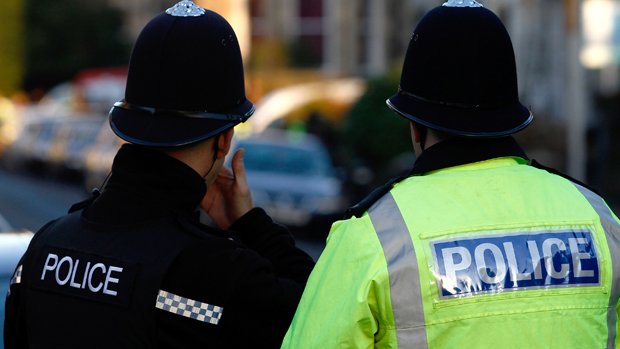
A free daily email with the biggest news stories of the day – and the best features from TheWeek.com
You are now subscribed
Your newsletter sign-up was successful
HOME SECRETARY Theresa May’s decision – following fresh revelations of police misdeeds in investigating the murder of black teenager Stephen Lawrence 21 years ago – to appoint a judge-led public inquiry to look into the practice and probity of undercover cops is the latest and most severe hammer blow to the reputation of a police force which was once the pride of British citizens.
Today misbehaviour - and even crime - seems as common among the boys in blue as it is among sinning civilians. Who now guards the guards?
Mrs May branded a report by Mark Ellison QC into the original Lawrence murder inquiry – Stephen was stabbed to death in south-east London by a gang of white racists - as “chilling”. One former officer who worked on the investigation was described as corrupt while another, known thus far only as ‘N81’, appears to have been instructed to infiltrate the Lawrence family campaign. The Ellison review was “deeply troubling”, Mrs May told the Commons.
The Week
Escape your echo chamber. Get the facts behind the news, plus analysis from multiple perspectives.

Sign up for The Week's Free Newsletters
From our morning news briefing to a weekly Good News Newsletter, get the best of The Week delivered directly to your inbox.
From our morning news briefing to a weekly Good News Newsletter, get the best of The Week delivered directly to your inbox.
This scandal has all the hallmarks of those that have gone before. The truth - if it ever comes out - is desperately slow in emerging; the trail is obscured, often - as in the Lawrence case - by destroying documents; years of such cover-up then give way to apparently sincere and repentant high-level acknowledgement of what has long been obvious to those involved (in this case the Lawrence family, who say that this inquiry is 21 years overdue); finally it is claimed: “That was yesterday: it could never happen now.”
Police officers wield great power, confident (at least until recently) that their word would be accepted by magistrates and juries; they operate a long way from their masters for whom they often have scant respect and who, certainly hitherto, saw it as their role to support their men and women against outside complaint, however plausible the allegations about the force might have been.
Cops have a term for shambles: the moment “when the wheels come off”. It is fair now to say that the wheels have well-and-truly come off their own juggernaut. Maybe they were always as prone to malpractice as they are now, though for many years the only people who understood were those on the receiving end of police malpractice, listened to by few and believed by yet fewer.
What the police may have done to the Lawrences – infiltrating the family to dig dirt rather than concentrating on catching Stephen’s killers – could well have then been par for the course (the inquiry should reveal all), but the Lawrences were not just any other black family. Stephen’s mother Doreen is now a member of the House of Lords; his father Neville (separated from his wife) is a dignified and articulate man; Stephen himself wished to become an architect. They were, from Pc Plod’s point of view, the “wrong” blacks.
A free daily email with the biggest news stories of the day – and the best features from TheWeek.com
Once British class became less easy to decipher – no longer broadly separated into “toffs” and “toe-rags” – many police lost their social compasses. When the Met embarked on its first shoddy inquiries – just another black teenage murder - the officers concerned must have thought that this was going to be a rapidly forgotten incident and that it scarcely mattered how they tackled it.
Conditioned to believe that most black people had exploitable skeletons in their cupboards, they looked the wrong way, giving, for example, Stephen’s friend, Duwayne Brooks (now a Lib Dem councillor in the London borough of Lewisham), who was with Stephen on the night of the murder, a persistently hard time and later bugging meetings that they held with Duwayne and his lawyer.
There are within the police force bad people who join for the wrong motives and there are a greater number of weak officers who simply keep their heads down. There are enough in both camps for malpractice to flourish despite the decent motivation of the large majority of officers. All articles about the police must include this qualification. However, bad apples, so long blamed when police are caught in wrong-doing, inevitably infect others in the barrel.
Most police malpractice happens in the Met, London’s force. I have long argued that the Met is too large – its bailiwick extends into the Home Counties – and impossible to keep tabs on. Semi-autonomous squads – the officer who penetrated the Lawrence camp was a member of the ‘Special Demonstration Squad’, a sub-division of Special Branch, itself a force within a force – operate far from the influence of senior officers and codes of conduct.
The total Met staff, including civilians and community support officers, is, even after cuts, about 45,000 people. Most police officers will remain constables, the basic rank, and have very little interest in policies promulgated at the top. They live according to the prevailing, often cynical, culture. Many come from very different environments from those they police. They spend hours cooped up with each other: of course, attitudes can become coarsened.
It emerges that even the Macpherson inquiry, which 15 years ago found the police to be “institutionally racist” was denied the information, now revealed, about infiltration and corruption. I reported on Macpherson, and like everyone close to the inquiry, believed – wrongly as it turns out - that that was the last word on the police terrible shenanigans over this affair.
Mrs May’s judge-led inquiry must wait its turn in a queue of other probes into aspects of malpractice. No wonder Neville Lawrence wonders whether he can stand the strain of a further, drawn-out and possibly again tainted investigation into the events of the past 21 years. He was right to say that he is “very wary about the newly announced inquiry” and that he feels he may “never be able to trust these people”. Why should he? And why should the rest of us?
-
 Gisèle Pelicot’s ‘extraordinarily courageous’ memoir is a ‘compelling’ read
Gisèle Pelicot’s ‘extraordinarily courageous’ memoir is a ‘compelling’ readIn the Spotlight A Hymn to Life is a ‘riveting’ account of Pelicot’s ordeal and a ‘rousing feminist manifesto’
-
 The EU’s war on fast fashion
The EU’s war on fast fashionIn the Spotlight Bloc launches investigation into Shein over sale of weapons and ‘childlike’ sex dolls, alongside efforts to tax e-commerce giants and combat textile waste
-
 How to Get to Heaven from Belfast: a ‘highly entertaining ride’
How to Get to Heaven from Belfast: a ‘highly entertaining ride’The Week Recommends Mystery-comedy from the creator of Derry Girls should be ‘your new binge-watch’
-
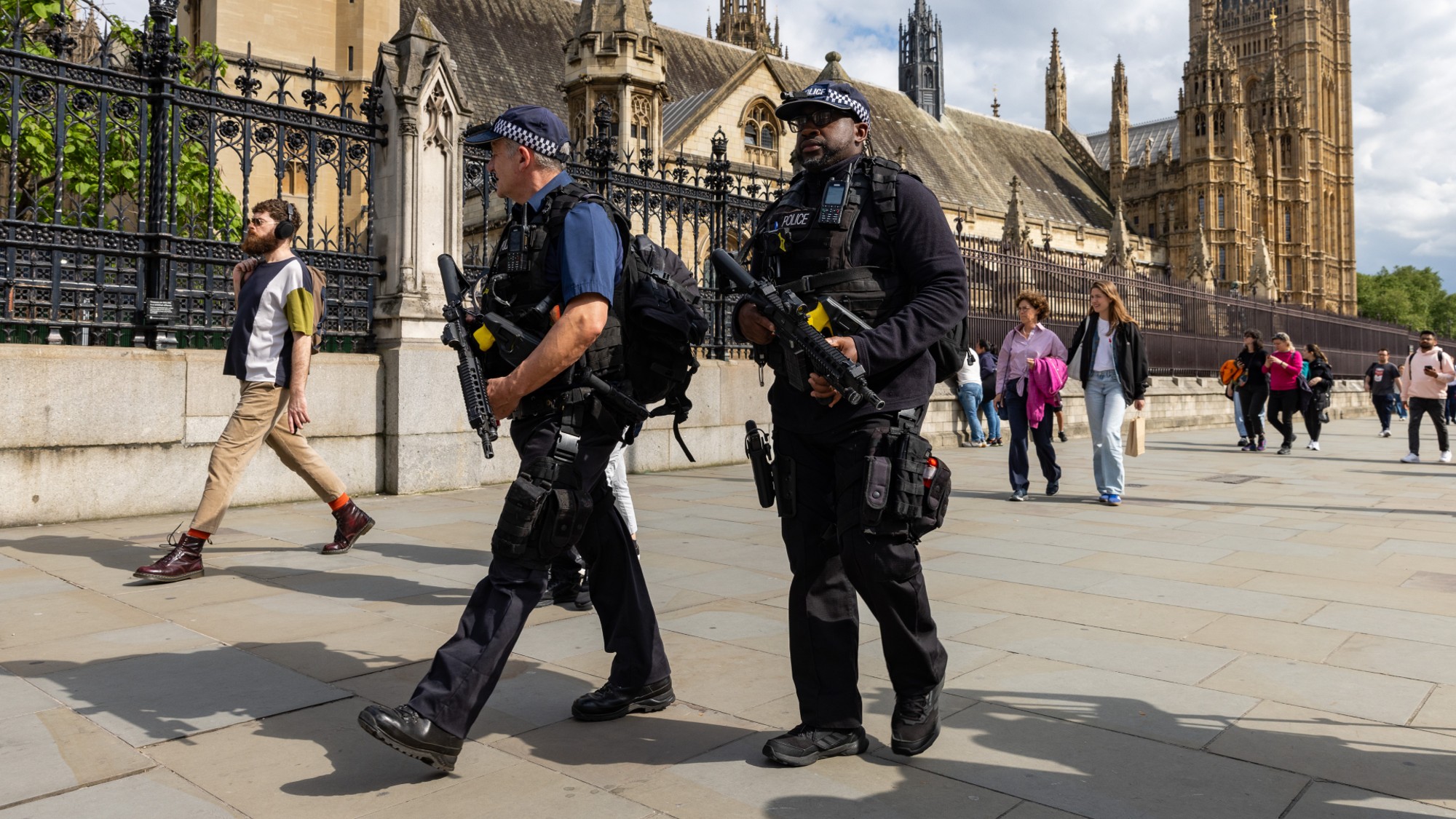 The rules for armed police in the UK
The rules for armed police in the UKThe Explainer What the law says about when police officers can open fire in Britain
-
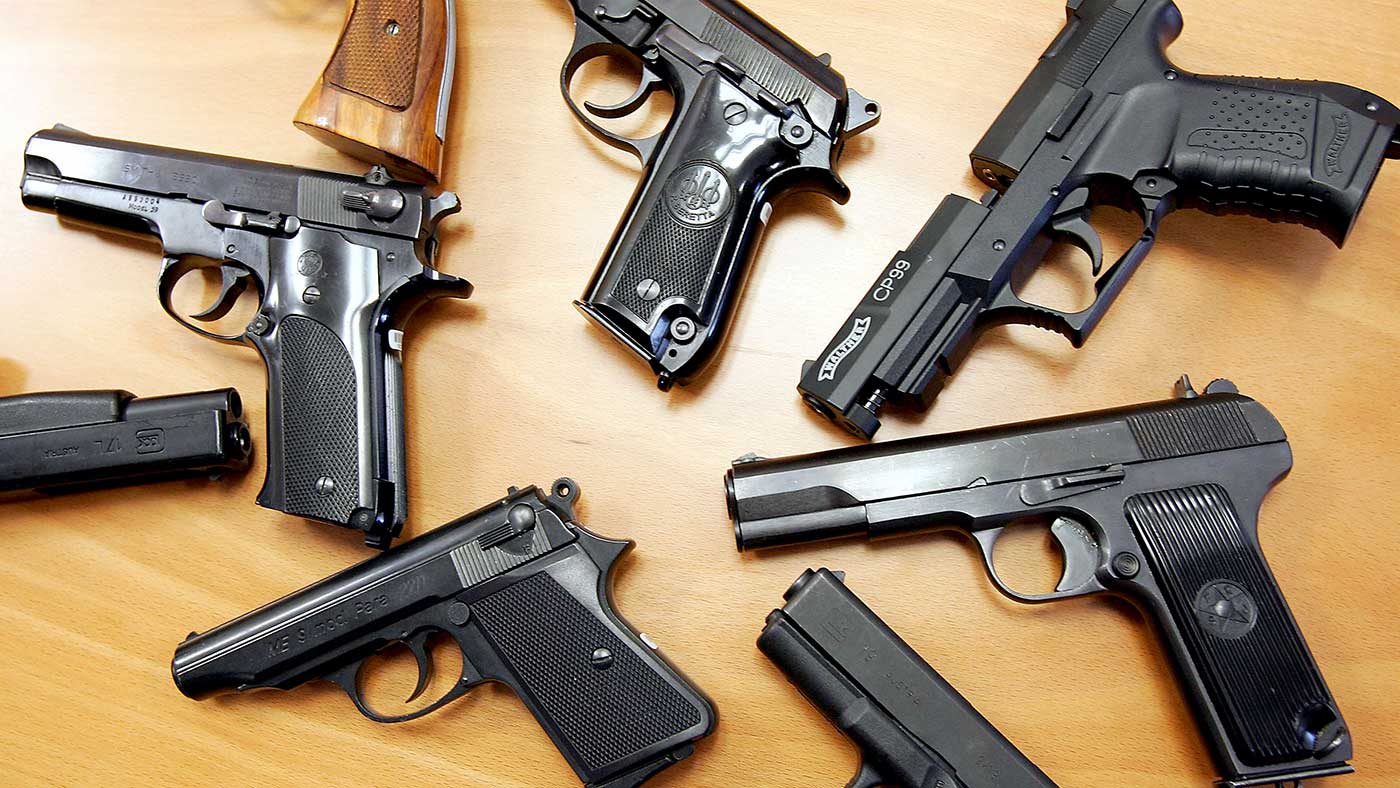 Gun amnesty bid to get weapons off British streets
Gun amnesty bid to get weapons off British streetsSpeed Read National firearms surrender initiative follows 27% rise in gun crime in the UK last year
-
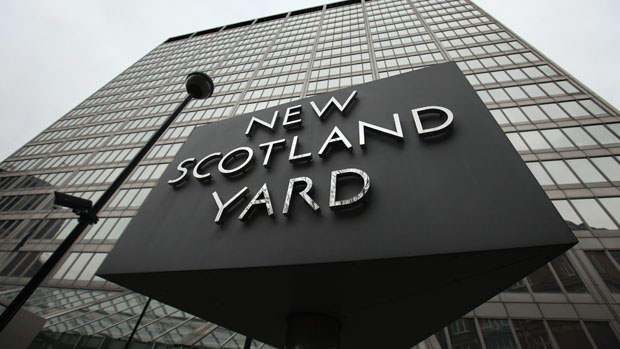 Met Police 'hacked green campaigners' emails'
Met Police 'hacked green campaigners' emails'Speed Read Whistleblower claims secretive unit illegally monitored hundreds of inboxes for information
-
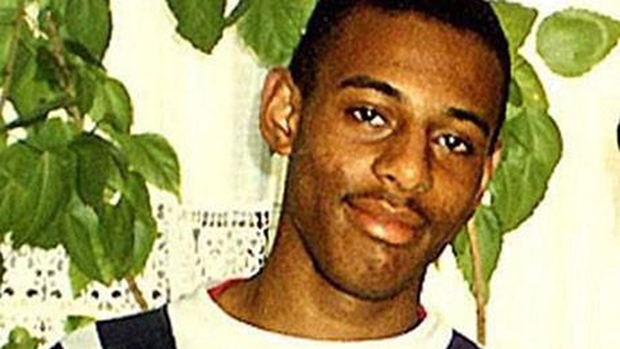 'I was told to dig dirt on Stephen Lawrence,' says undercover cop
'I was told to dig dirt on Stephen Lawrence,' says undercover copSpeed Read Officer says he was under 'constant pressure' to get evidence discrediting murdered youth and his friend